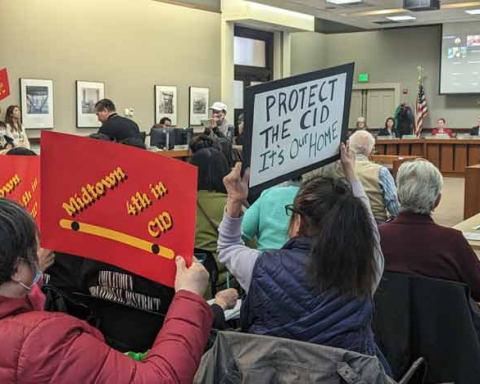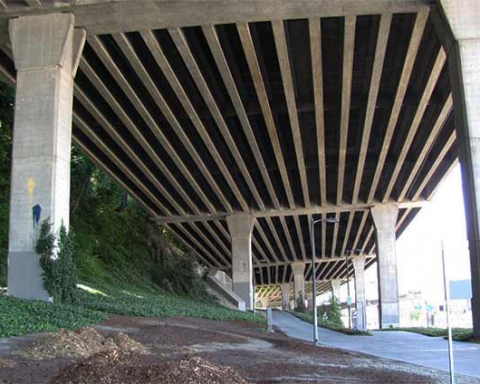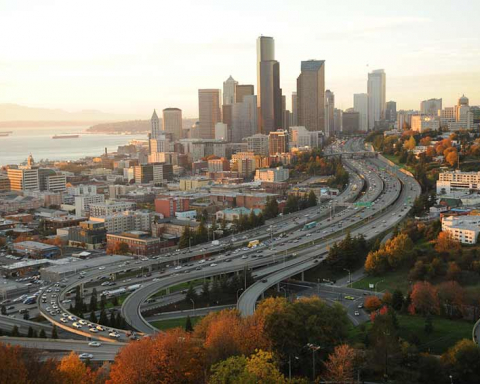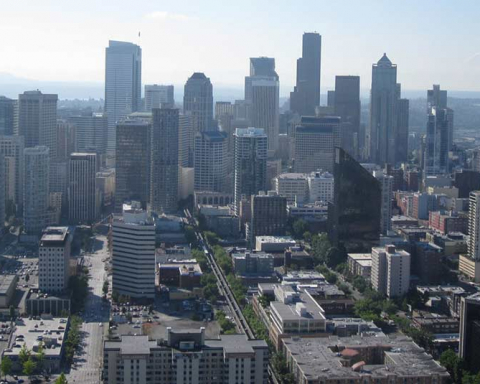On Thursday, hundreds of Washington carpenters took to the streets for the first time in almost 20 years to protest over low wages and poor working conditions.
Members of the Northwest Carpenters Union voted to approve the strike over the weekend, rejecting a tentative contract agreement by a margin of 56% to 44%. Early Thursday morning, pickets were scheduled across the city.
Hundreds of construction projects could most likely be affected by the strike, including both small projects with just a few carpenters and large projects with hundreds of carpenters. Both Eastside Microsoft office projects and Vulcan’s Block 38 will be impacted by this issue.
The ordinary population, on the other hand, may see little impact from the strike. Most of the city’s largest projects, such as the Sound Transit rail project and the Climate Pledge Arena, already have agreements in place that prevent a strike. Union carpenters will continue to work and contribute a portion of their earnings to a strike fund to help those who choose to walk out. According to the union, about 2,000 of its 12,000 members work at locations where they can go on strike.
To keep up with inflation, the carpenters said they’ll demand higher wage rises in their next contract. The walkout also highlights the divides inside the organization, whose members have voted against four tentative deals so far this year.
There were some rank-and-file members who campaigned against the idea while others urged a “yes” vote in the last ballot. Not long before the strike, a number of union members challenged why the union had not scheduled additional pickets while some union leadership expressed concerns about illegal wildcat strikes and sick-outs.
“Under this agreement, we were not able to come together as a team. The time has come for us to unite under a general strike.” stated the union’s executive secretary-treasurer, Evelyn Shapiro. The carpenters’ employer group, the Association of General Contractors of Washington, claims to have offered a “solid package” of salary increases to their members. The organization informed employers this week that contractors “plan to continue operating their companies.”
The AGC said in a statement released after the strike began on Thursday that it was “disappointed and mystified the union is going with this strike after such a comprehensive and competitive package offer.” The AGC warned that high building prices could “drive developers to other markets, cause loss of Union market share, and possibly cut carpenter hours.” It’s unclear when the two parties will meet again.
Total package increases amounting to $13.25 were all but rejected in a four-year plan recently voted down by union membership. The current hourly wage ranges from $46.92 to $48.42. In the last 4 years, the union said the salary would have climbed by $9.40 per hour. To be fair to retirees, the union had proposed a four-year rise in pension contributions from $8.60 to $11.15 per hour.
Carpenter Joe Sosa, who voted against the most recent contract proposal, said that union members who rejected it are calling for just a $15 increase in a period of 3 years and improved parking pay.
They want to gain millions, but refuse to share the money with the rest of the workforce, says Sosa. The pandemic and its resultant economic impact have brought to the fore the tough conditions workers face in almost every industry from meatpacking to construction. If labor is critically necessary for keeping the economy going through a crisis such as the present pandemic, then workers will be more emboldened to exercise their rights and power to demand better pay.
Photo: “Seattle Construction” by Rob.Bertholf is licensed with CC BY 2.0.






